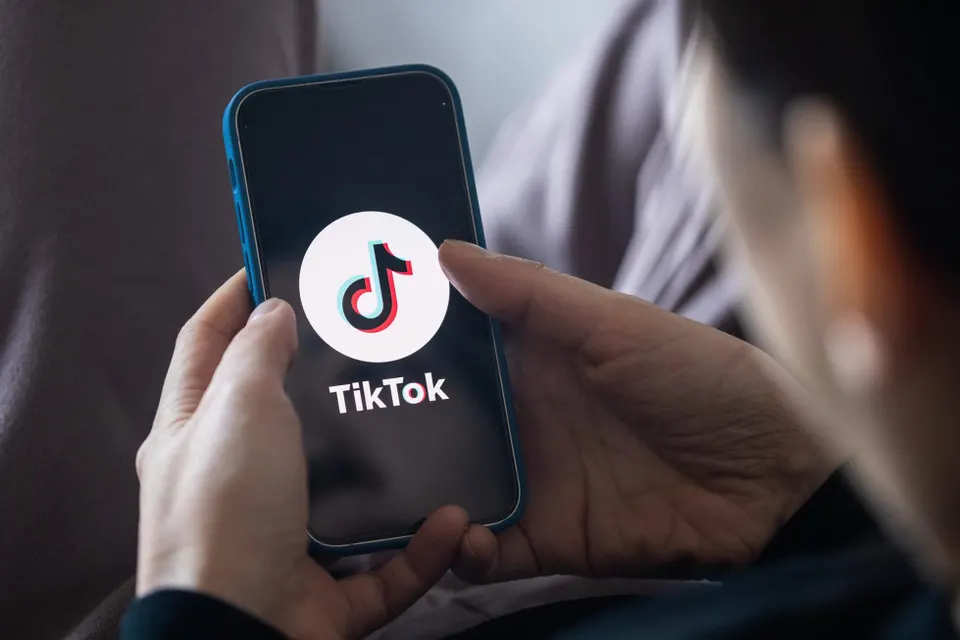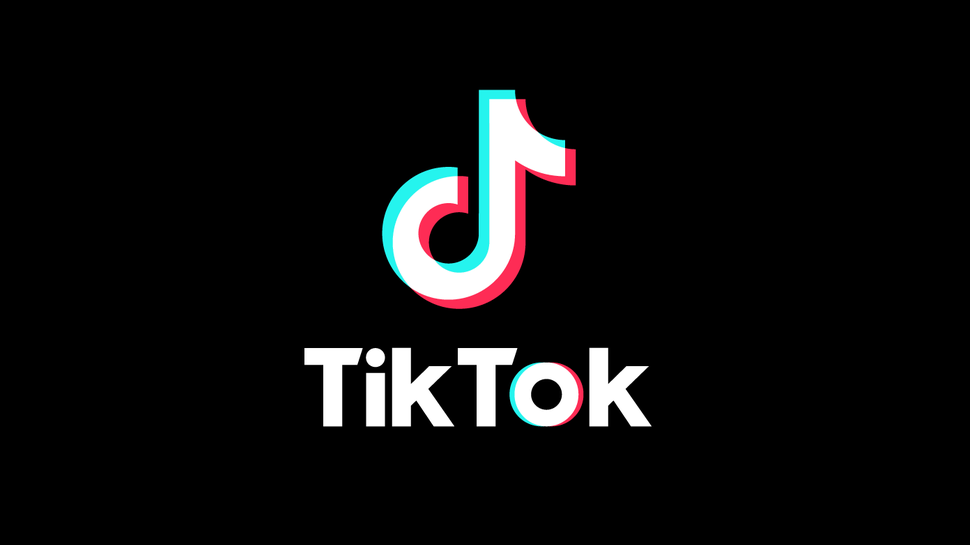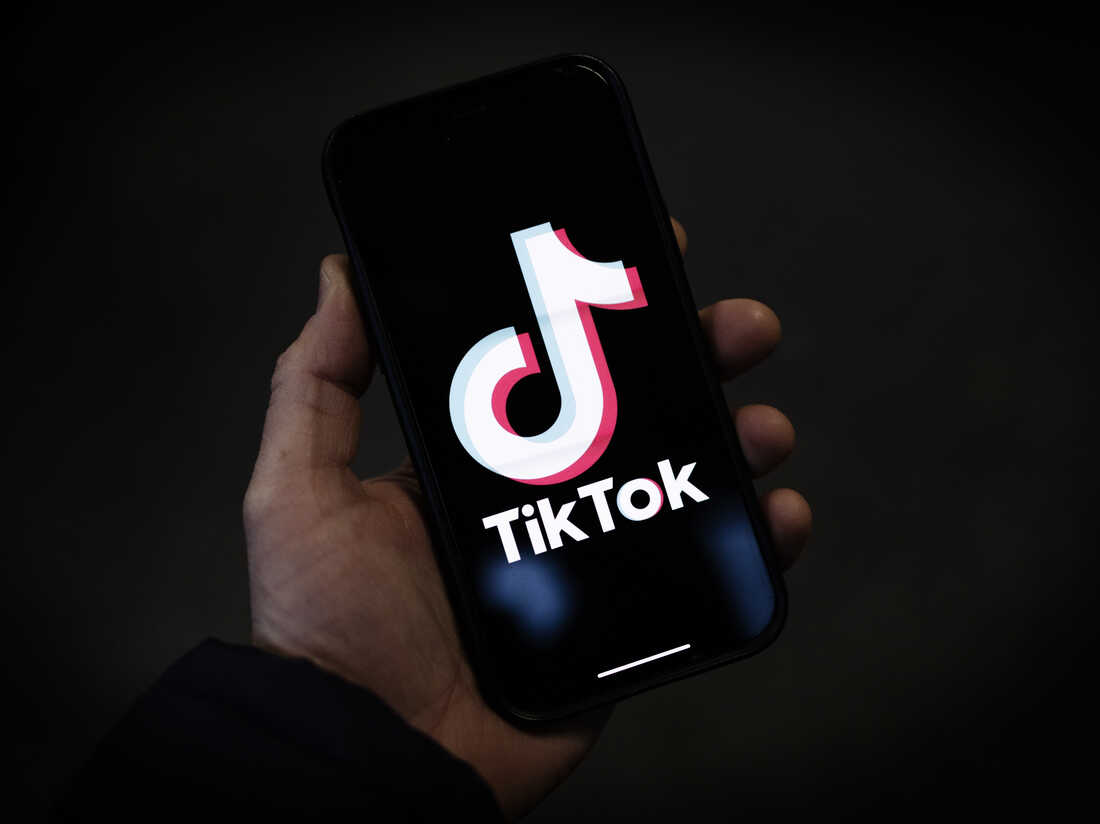In a move that has stirred the pot of international tech relations and prompted debates on data privacy and censorship, the U.S. House of Representatives has taken a bold step towards restricting the operations of one of the world’s most popular social media platforms, TikTok. With a potential nationwide ban on the horizon, the implications for global tech giants such as Tesla, Apple, and Nvidia are becoming increasingly complex and fraught with uncertainty.
The Legislative Labyrinth
The recent passage of a bill by the U.S. House, by a vote of 352 to 65, aims to give ByteDance, TikTok’s Chinese parent company, a 180-day ultimatum to divest the app or face a sweeping ban. This legislative action represents a peak in the U.S.’ regulatory efforts against TikTok, a platform entwined with the digital lives of millions across the globe.
As the bill treads the uncertain path towards a Senate vote, with President Joe Biden signaling readiness to sign it into law, the ramifications are wide-reaching. The move has sparked a volley of reactions, with TikTok asserting the rush of the bill as a push towards an outright ban, emphasizing the potential economic impact on 7 million small businesses and the 170 million Americans engaged with the platform.
“This process was secret and the bill was jammed through for one reason: it’s a ban,” TikTok said in a statement Wednesday. “We are hopeful that the Senate will consider the facts, listen to their constituents, and realize the impact on the economy, 7 million small businesses, and the 170 million Americans who use our service.”

A Ripple Effect on U.S. Tech Giants
Gene Munster of Deepwater Management has spotlighted the potential repercussions for U.S. tech behemoths, particularly those with significant revenue streams from China, such as Tesla, Apple, and Nvidia.
With a portion of Tesla’s and Apple’s revenues intricately tied to the Chinese market, the prospect of a TikTok ban introduces a nuanced layer of risk, encompassing possible retaliatory measures from China and a recalibration of market dynamics.

Munster’s analysis, suggesting a 25% likelihood of TikTok facing a ban, underlines a broader geopolitical and economic chess game. The narrative extends beyond a single app’s fate, touching on issues of surveillance, data privacy, and the global tech industry’s interdependencies.
The Broader Conversation on Data Privacy
The discourse surrounding the TikTok ban is emblematic of a larger conversation about data privacy and the role of technology in society.
Critics of the ban argue that targeting TikTok may miss the forest for the trees, as other platforms similarly harvest vast quantities of user data. The call for comprehensive privacy legislation echoes through the halls of this debate, proposing a more holistic approach to protecting user data across the digital landscape.
Analyst warns that a TikTok ban could lead to major trouble for Apple, Big Tech https://t.co/4HSGWhYKkb
— TheStreet (@TheStreet) March 15, 2024
“Censorship is not the answer, data privacy legislation is.” — Fight for the Future
Ryan Martin of Infosys Consulting adds a critical perspective, suggesting that while a TikTok ban may mitigate certain risks, it hardly scratches the surface of the broader issues of online data privacy and protection.
The real challenge lies in fostering a more encompassing dialogue and legislative framework that addresses the complexities of social media and data security in the digital age.

TikTok: Navigating the Digital Divide
The potential ban on TikTok is a watershed moment, raising pivotal questions about international relations, market dynamics, and the fundamental rights to privacy and free expression in the digital realm. The unfolding scenario underscores a critical juncture in the intersection of technology, governance, and society.
As stakeholders from across the spectrum weigh in, the conversation extends beyond TikTok, inviting a reevaluation of the principles guiding our digital future. In this evolving narrative, the balance between national security, economic interests, and individual freedoms remains a delicate and ongoing negotiation.


